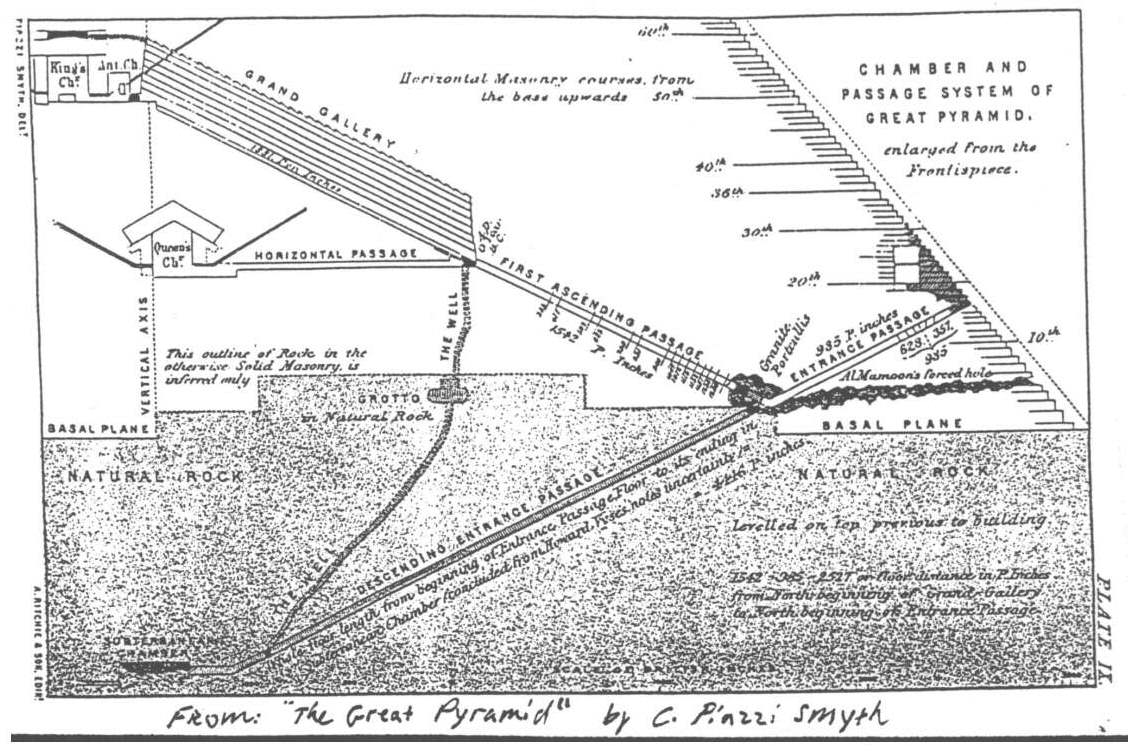I think we will agree that the WT holds it that the Bible is the inerrant word of God. Well, it just isn't. This is an idea that I just learned from a blog.
The idea is very, very simple:
The Bible is considered "inerrant" and "sufficient".
Meaning, it contains no errors, but it is also all you need for salvation. This is actually more a Protestant claim than a Catholic one, but Catholics don't really consider the Bible as inerrant. I am aware that, in practice, the Watchtower does not consider the Bible inerrant; the magazines are. The Bible is like their Playdoh, something you can bend at will.
But no book in the Bible tells you how many other books the Bible is supposed to contain for it to be the truthful and inerrant word of God.
In fact, what books are in the canon and what books aren't was a decision of men. If you suppose that some books that had to be in the Canon were left out, then the Bible is not complete. And if you suppose that it contains a few books it shouldn't have, then it is not inerrant.
(By the way, Catholics do believe that some books should be in the Bible while Protestants leave them out).
Therefore, the "sufficiency" of the Bible rests, not on the Bible itself, but on that decision made by men.
Meaning both the Bible "inerrancy" and "sufficiency" rely on man's judgment.
